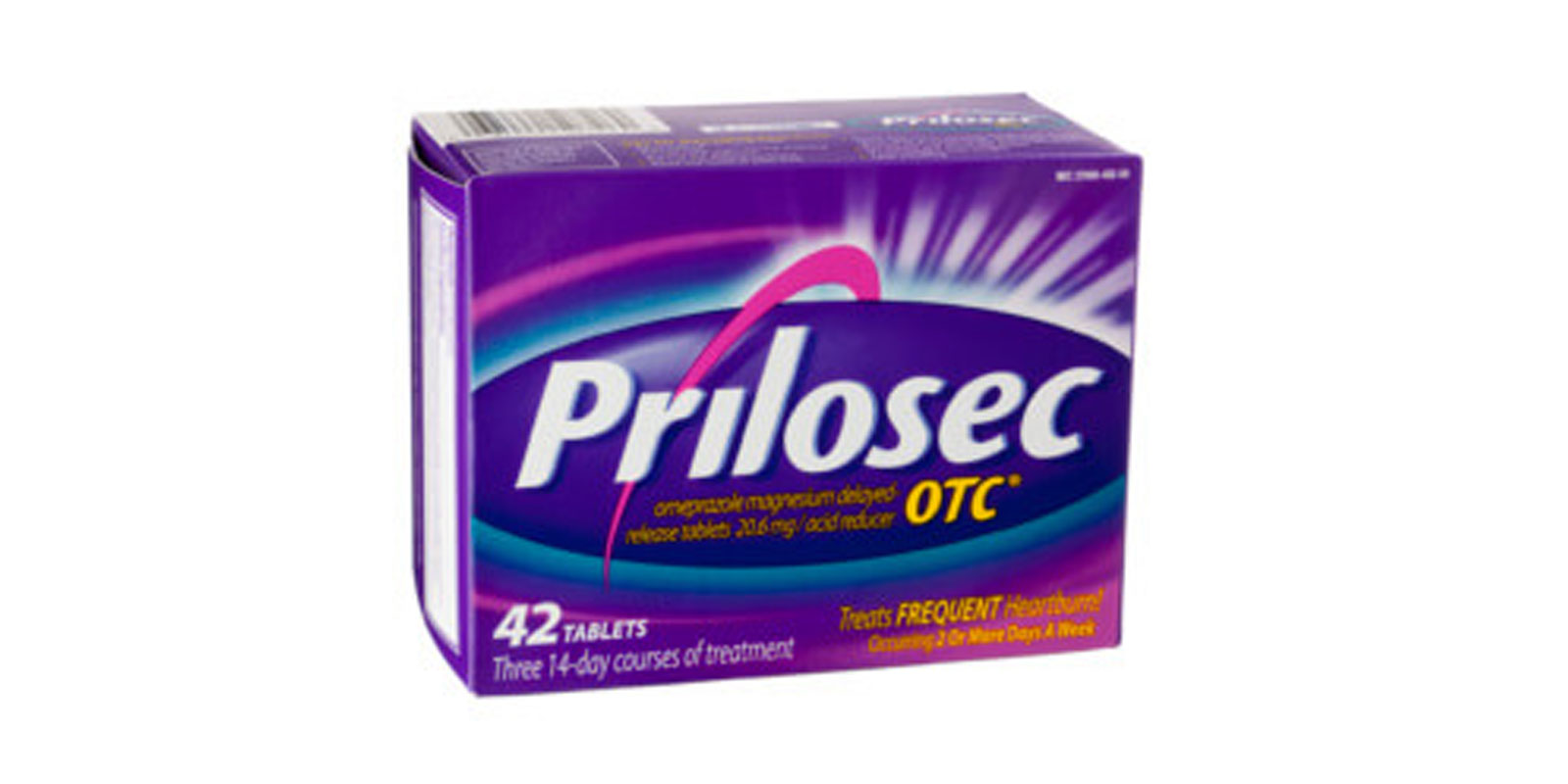As more prescription heartburn medications come under scrutiny, it’s becoming more important for people who suffer from these conditions to make positive lifestyle choices. Often, this doesn’t require a complete overhaul in your diet or cutting out all of your favorite foods. In fact, just simple modifications can help alleviate symptoms
Both proton pump inhibitors, such as Prilosec, and histamine-2 blockers, such as Zantac, have been recalled due to their safety risks.
What heartburn medications have been recalled?
As mentioned above, both PPIs and drugs containing ranitidine have been recalled as a result of their potential links to cause damage after longterm use.

H2 Blocker recalls
Zantac has been found to have unacceptable amounts of N-nitrosodimethylamine (NDMA). NDMA is a possible cancer-causing chemical. A link to NDMA also triggered the recall of several blood pressure medications in 2018 and 2019.
H2 blockers work by blocking the chemical that signals to the stomach to produce stomach acid. In many cases, this class of drugs is fairly interchangeable and doctors recommend using other H2 medications such as cimetidine or famotidine. Thousands are filing Zantac cancer lawsuits to hold manufacturers accountable.

The danger of PPIs
Proton pump inhibitors come with their own risks. Heartburn medications like Prilosec, Prevacid and Nexium have been linked to increasing the risk of kidney damage.
It’s always best to consult with a doctor before making any changes to your medication or lifestyle.
What are the latest drugs being recalled?
In September 2019, the FDA announced findings that Zantac contained a substance linked to cancer. Drugs containing ranitidine were immediately taken off the shelves in retail stores like CVS and Walgreens. The Zantac recall stems from the U.S. FDA’s announcements that preliminary tests show the presence of N-nitrosodimethylamine (NDMA) in ranitidine.
Diet Changes for Heartburn
Proper treatment of heartburn and GERD begins with a visit to a healthcare professional. This is the best way to get an accurate diagnosis of your condition. Chronic acid reflux does not get better on its own, and over the counter medications may only provide temporary relief. In addition, without a doctor’s diagnosis, treating acid reflux symptoms may mask an underlying condition.
While doctors will often prescribe medications, diet and lifestyle changes can have the biggest impact on avoiding acid reflux. Foods that you should avoid when you suffer from acid reflux include:
- Caffeine
- Chocolate
- Peppermint
- Onions
- Carbonated beverages
- Alcohol
- Citrus and tomatoes
- High fat or greasy foods
What foods can help with acid reflux?
There is no proven GERD diet. However, there are several foods you can eat that may ease or avoid symptoms.
- Fruits. With the exception of citrus fruits and juices, there are still a variety of fruits to choose from. Pass up on the oranges and pineapple and instead opt for grapes, berries, bananas, melons, pears, watermelon, kiwis and other fruits.
- Vegetables. No matter where you fall on the tomato is a fruit or vegetable spectrum, their high acidity means that they should be avoided by those who suffer from chronic heartburn
- Eggs. Eggs are high in protein and a great source to help you meet your daily nutrient goals.
- Lean meat. Meats with high fat or cooked at high temperatures in oil decrease lower esophageal sphincter pressure. As a result, stomach emptying is delayed which increases the risk of reflux. Lean meats such as chicken, turkey or fish, that are grilled, broiled or baked will reduce GERD symptoms.
- Oatmeal, whole grain bread, rice, couscous. Whole grains are complex carbs. Grains and brown rice add fiber to your diet.
- Potatoes and root vegetables. Again, fiber! These are great sources of healthy carbs that promote healthy digestion.
What are healthy fats?
Fat is actually a nutrient and is an essential part of your diet. However, not all fats are created equal. Generally avoiding saturated fats from meat and dairy and trans fats found in processed food, margarine and shortenings will alleviate acid reflux symptoms. Consider replacing them with plant-based diets or fish.
Examples of healthy fats include:
- Monounsaturated fats. This includes oils such as olive, sesame, canola and sunflowers; avocados; peanuts and peanut butter; and nuts and seeds.
- Polyunsaturated fats. This includes oils such as safflower, soybean, corn, flaxseed and walnut; soybeans and tofu; and fatty fish such as salmon or trout.
What else can I do to ease acid reflux?
In addition to eating healthy, keeping a good posture during and after a meal can help your food digest properly. Chewing a non-mint gum after a meal can also increase saliva production which reduces the amount of acid in the esophagus.
Further, those who suffer from acid reflux should avoid eating immediately before bed. Laying down decreases the esophagus’ ability to keep content from traveling up. The perfect recipe for acid reflux is lots of stomach acid and a reclined position.
The Carlson Law Firm Can Help
Making healthy life choices are generally beneficial for healthier living. Still, even when making healthier choices fails to address your acid reflux, you may need to take medication for relief. For this reason, patients should be able to trust that their medications are safe. In many cases, the benefits of taking a drug should outweigh the risks. This isn’t the case with several classes of heartburn medications available. If you developed cancer as a result of taking Zantac, Prilosec or other heartburn medications listed in this blog, contact The Carlson Law Firm. We have a qualified dangerous drug attorney who is ready to assist you with your claim.





